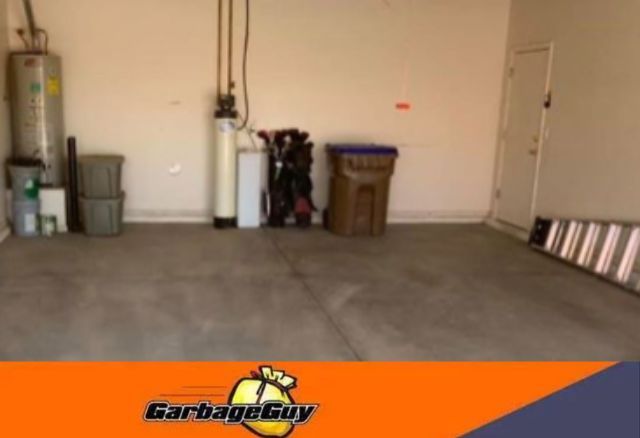A Guide to Thoughtful Preparation for Selling a Deceased Family Member’s Home

Losing a family member is an emotional and challenging experience. Amidst the grieving process, there comes a time when practical matters, such as selling their home, need attention. This process can feel overwhelming, but with careful planning and consideration, it can be navigated smoothly. Here are some crucial steps to help you prepare for selling a deceased family member’s home:
- Obtain Legal Counsel: Before initiating any steps, consult with a probate attorney. They will guide you through the legal requirements and provide insight into the probate process, which is essential for transferring the property’s ownership.
- Secure the Property: Ensure the property is safe and secure. This may involve changing locks, repairing broken windows, or installing a security system. It not only protects the property but also provides peace of mind during the selling process.
- Sort Belongings Thoughtfully: Respectfully go through personal belongings. Determine which items will be kept, donated, or sold. Consider involving family members in this process to ensure sentimental items are handled with care.
- Clean and Depersonalize: Thoroughly clean the property to make it appealing to potential buyers. Remove personal items like photographs and memorabilia. A neutral, clutter-free environment allows buyers to envision the space as their own.
- Address Repairs and Updates: Identify and address any necessary repairs or updates. Focus on essentials like plumbing, electrical systems, and structural issues. Simple cosmetic improvements, like fresh paint or minor renovations, can enhance the property’s appeal.
- Arrange for Appraisal and Inspection: Hire a certified appraiser to determine the property’s value. Additionally, consider a professional inspection to identify any hidden issues that might affect the sale.
- Set an Appropriate Asking Price: Use the appraisal and market research to set a competitive and realistic asking price. Overpricing can deter potential buyers, while underpricing may result in financial loss.
- Select a Reputable Real Estate Agent: Choose a real estate agent with experience in handling probate properties. They will be familiar with the legal nuances and can help navigate the selling process.
- Market the Property Strategically: Your agent will develop a marketing strategy tailored to the property. This may involve online listings, open houses, and targeted advertising.
- 10.Be Transparent with Buyers: Disclose that the property is being sold as part of an estate. Honesty builds trust with potential buyers and ensures a smoother transaction.
- 11.Consider Emotional Support: Selling a deceased family member’s home can be emotionally challenging. Seek support from friends, family, or a professional counselor to help navigate through this process.
Remember, every situation is unique, and it’s important to approach the process with patience and empathy. By following these steps and seeking professional advice, you can honor your loved one’s memory while responsibly handling the sale of their home.
Additionally, if you find yourself in need of expert assistance during this process, consider enlisting the services of Garbage Guy Junk Removal. With a rich history spanning 18 years, we understand the delicate nature of clearing a deceased family member’s home. Our dedicated team approaches this task with utmost care, meticulously sorting through personal items. Items of sentimental or practical value are preserved, while usable belongings are thoughtfully donated to local charities. This not only ensures a seamless transition but also allows for a positive impact on our community. With Garbage Guy, you can trust that your loved one’s possessions will find new purpose, while you navigate through this emotional journey.






